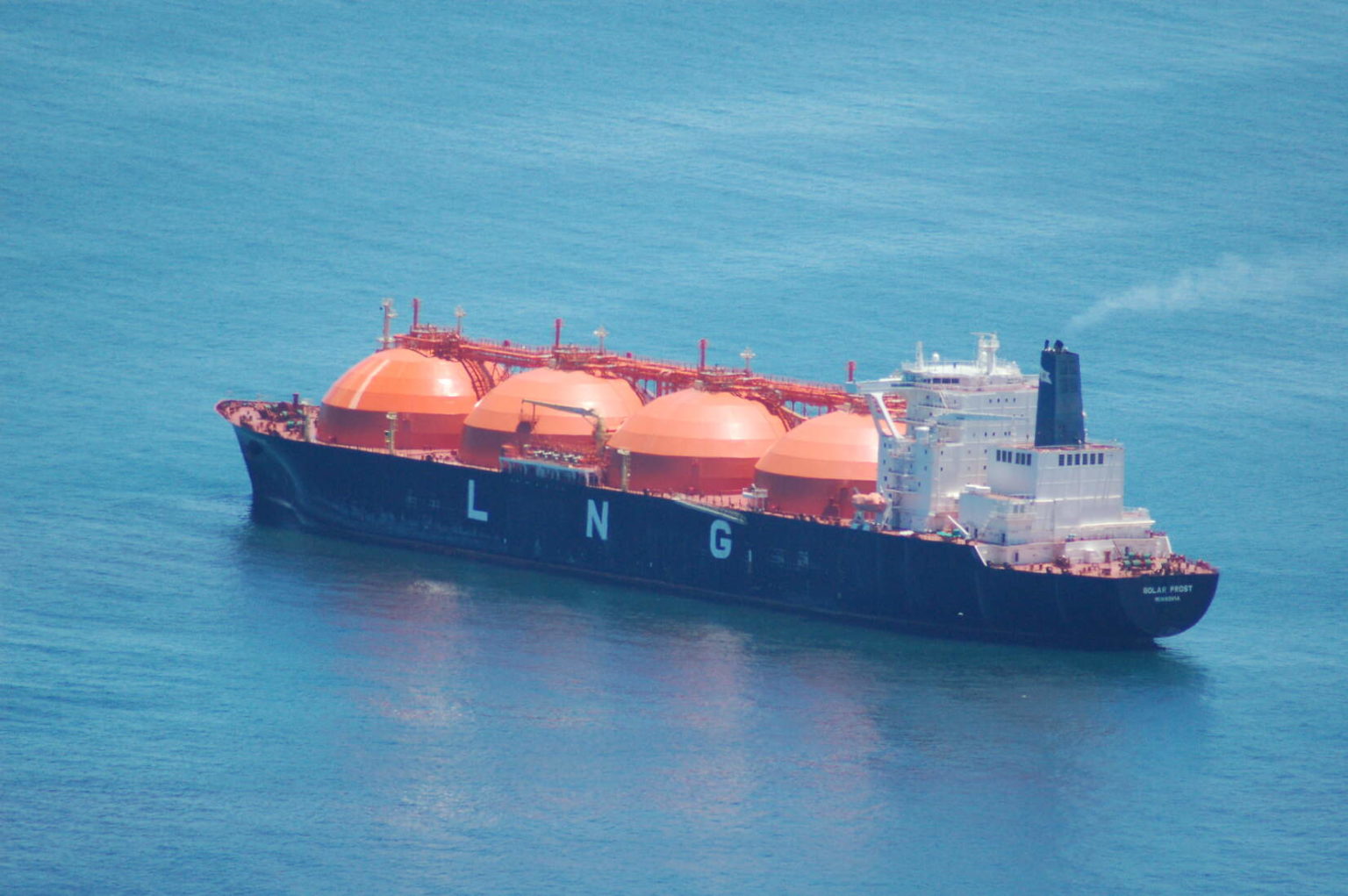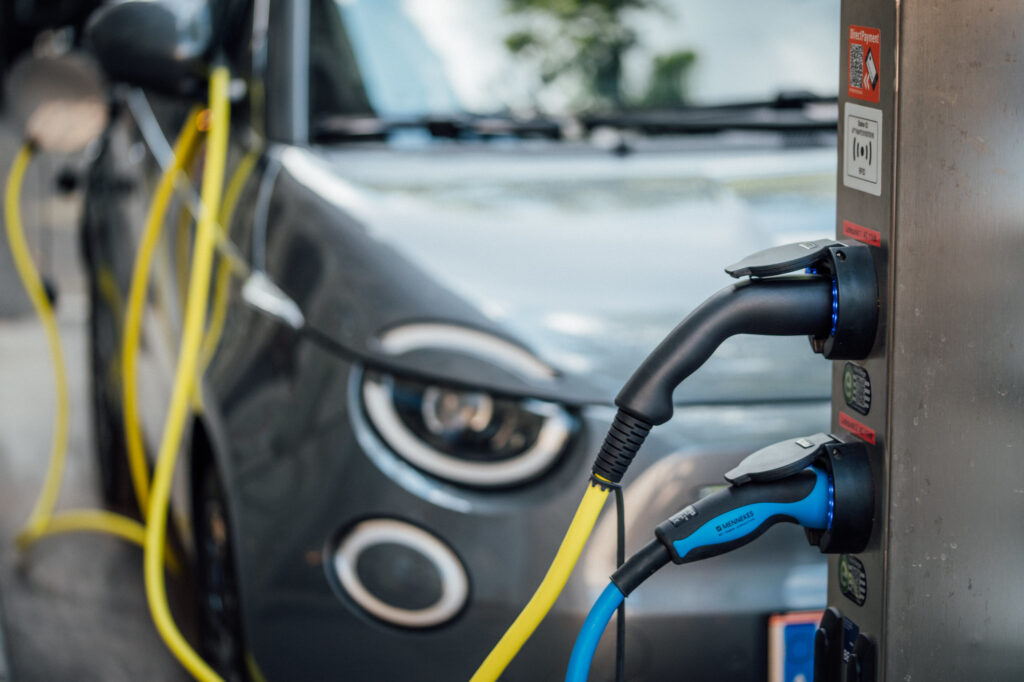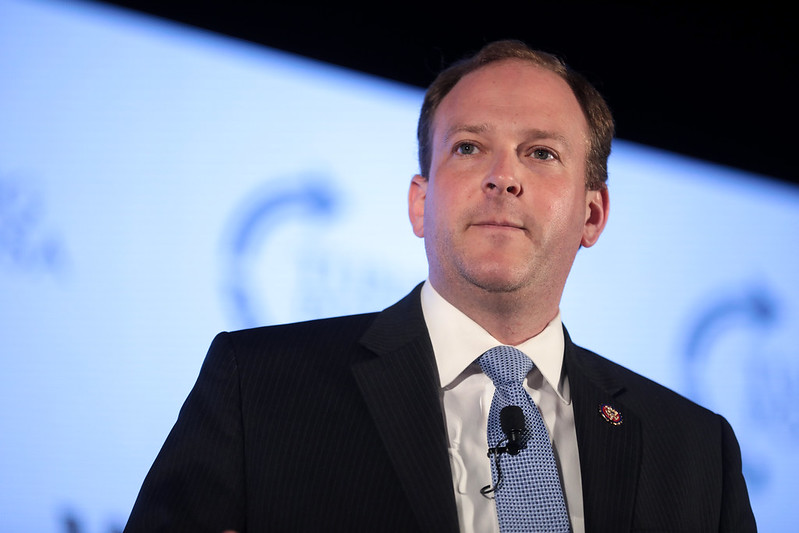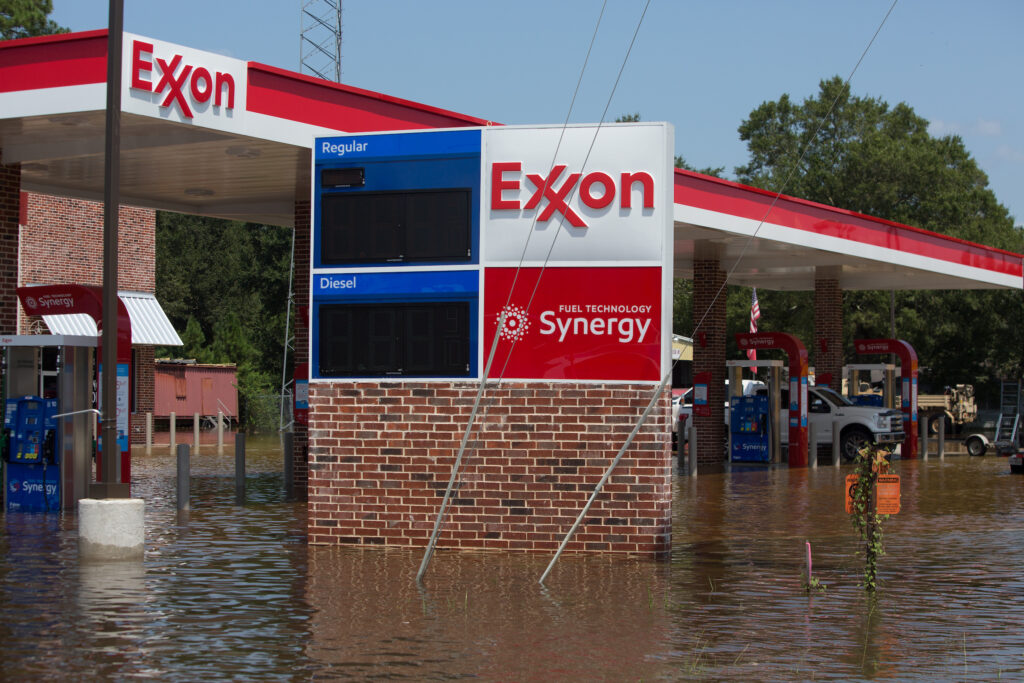It is increasingly unlikely that Ireland will develop new infrastructure to import liquefied natural gas (LNG) produced from fracked wells in the US, after the plans suffered a series of potentially fatal legal and political setbacks.
First, the European Court of Justice advocate general, Juliane Kokott, ruled that An Bord Pleanála, Ireland’s planning appeals body, erred in not requesting an up-to-date environmental impact study for the proposed Shannon LNG terminal before extending planning permission for a planned project. The decision means the case would have to be referred back to Ireland’s High Court.
Meanwhile, the political climate regarding the project has turned distinctly hostile, with the two major centrist parties Fine Gael and Fianna Fáil this week signing a joint letter that appears to signal the death knell for the LNG project.
Political pressure
The letter came in response to an explicit demand from potential coalition partners, the Green Party, that the main parties “commit to ceasing the construction of new fossil fuel infrastructure, particularly LNG terminals, that could allow the entry of unconventional LNG into the Irish energy mix”.
In reply, Fine Gael and Fianna Fáil party leaders Leo Varadkar and Micheál Martin agreed that it “does not make sense” to build new large-scale fossil fuel infrastructure of this kind. In recent years, Fine Gael MEP, Sean Kelly, has been a major supporter of this project, and his influence was seen as key in having it designated as a European Project of Common Interest.
“In the past, the official stance of both Fianna Fáil and Fine Gael has been pro-LNG, with Sean Kelly a massive champion in Europe”, Dr Aideen O’Dochartaigh of the NGO Not Here Not Anywhere told DeSmog. “This week’s statement is significant in that it is a complete u-turn of their policies to date”.
However, O’Dochartaigh cautioned that the document includes significant caveats and opt-outs around energy security, though these appear to relate to the wider issue of a complete ban on all new fossil fuel infrastructure, also sought by the Greens.
Like what you’re reading? Support DeSmog’s work by becoming a Patron today!
The Shannon LNG project appears to be politically “dead in the water”, according to climatologist, Prof John Sweeney, though he warned that some of the promises being bandied about at the moment “feel like something of a honey trap, they could try to back off them when the next recession comes around”.
As DeSmog previously reported, the proposed LNG facility would be a massive deepwater terminal in the Shannon estuary on Ireland’s west coast, capable of docking the world’s largest LNG supertankers, and opening Ireland up to the import of fracked LNG by ship from the US.
Ending fossil fuel licenses
The Green Party also sought a complete phasing out of all fossil fuel exploration licences. The Irish government had already agreed to not allow new oil drilling licences but, on the advice of its Climate Change Advisory Council (CCAC), kept the option of gas drilling open. However, in a surprise move, both Fine Gael and Fianna Fáil this week stated they were “committed to a pathway to phase out all fossil fuel exploration licences”.
This is a stinging rebuff to the CCAC, which last October claimed Ireland would need to continue to explore for new offshore gas as it would be part of the state’s energy supply for the next three decades.
Without gas, Council chairman, economist Professor John FitzGerald claimed there would be “a serious risk to life and limb”. At the time, Climate Action Minister, Richard Burton went along with FitzGerald’s advice, which was roundly condemned by environmental experts.
Professsor Barry McMullin of Dublin City University described the CCAC’s attempt to separate oil and gas exploration as “almost theological” given the reality that both activities are inextricably linked.
While the two main centrist parties have now stated they are open to extending the oil exploration moratorium to include gas, it is understood this does not affect licences that have already been issued, so prospecting may continue in Irish waters for some time.
Photo credit: Lens Envy/Flickr/CC BY–NC–ND 2.0
Subscribe to our newsletter
Stay up to date with DeSmog news and alerts







